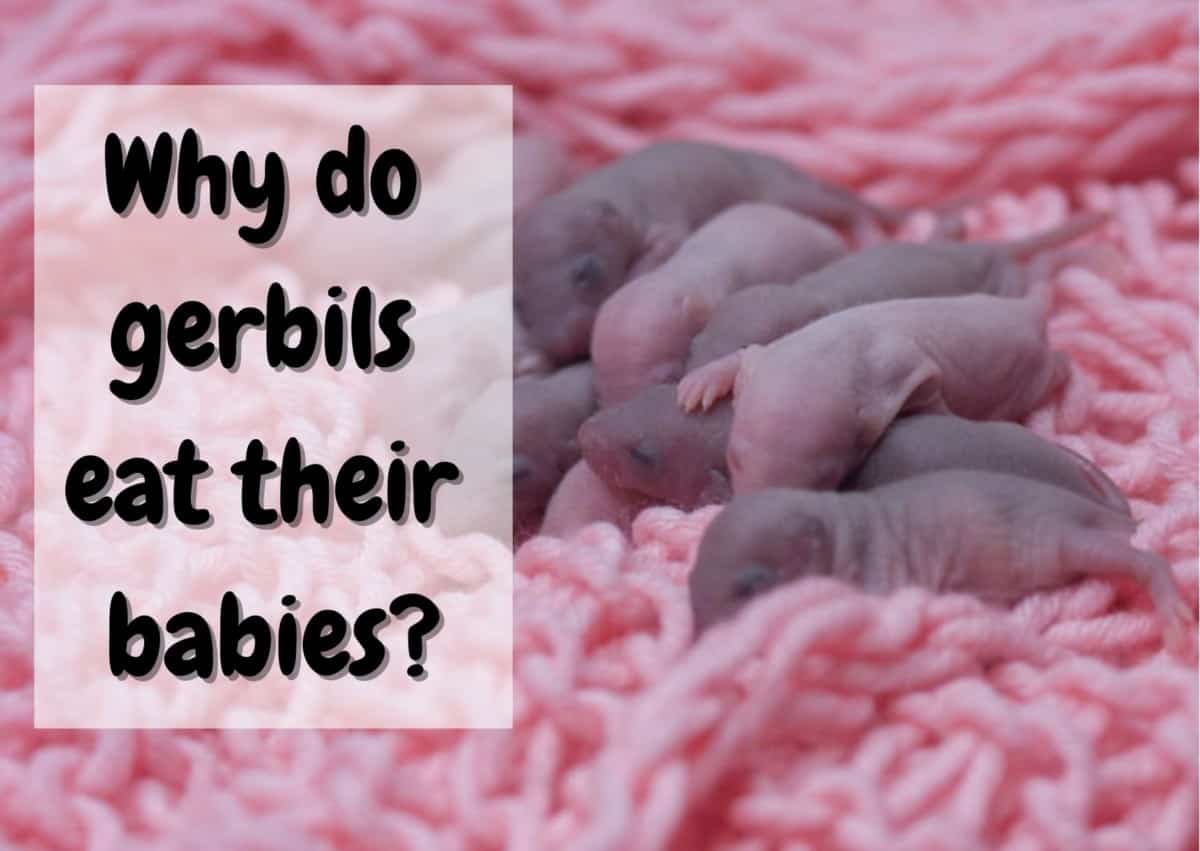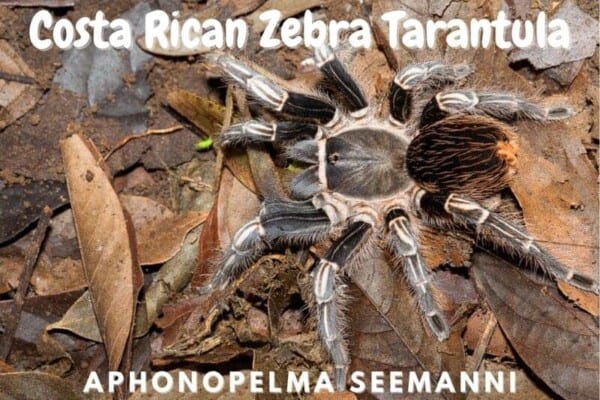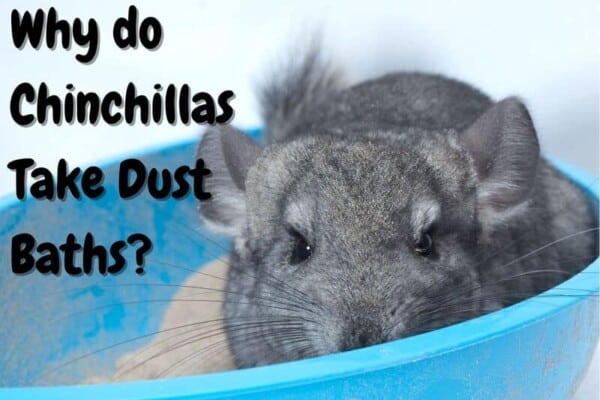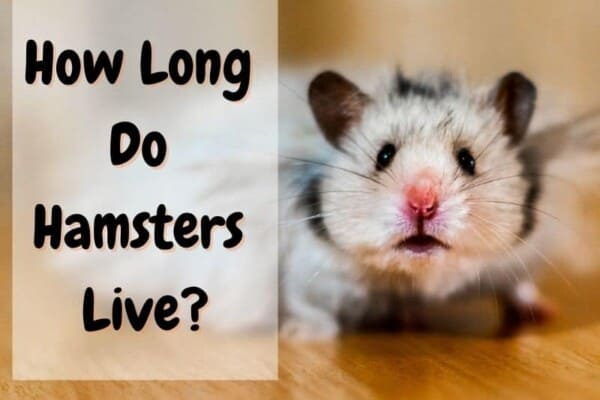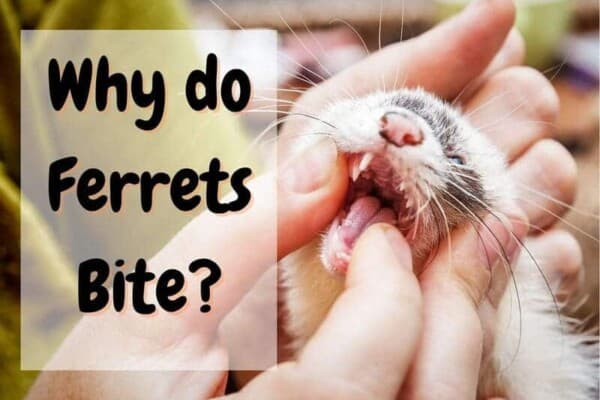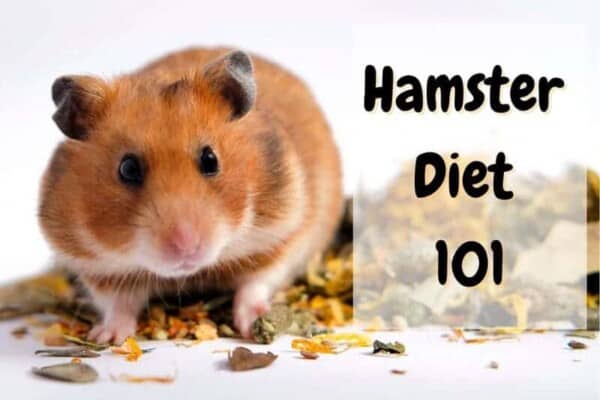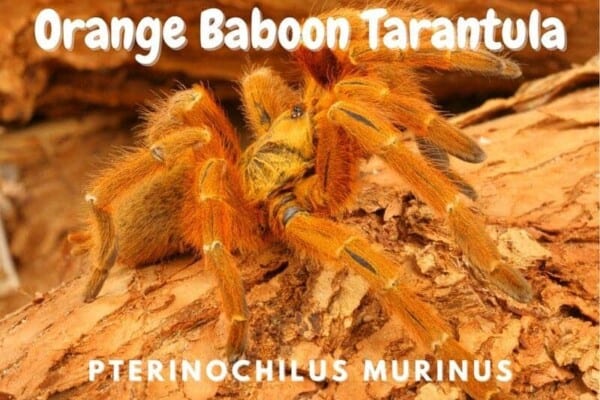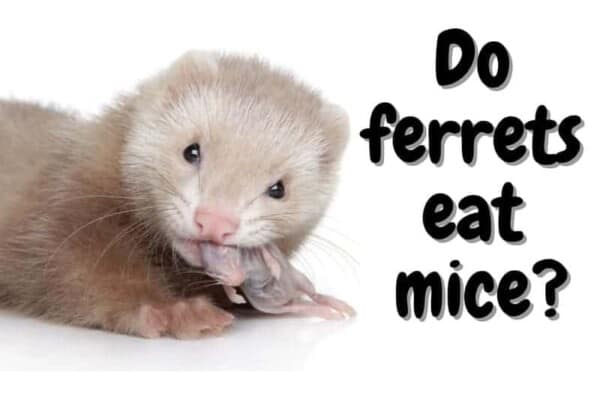It’s terrible when it happens but gerbils will sometimes eat their little babies. It’s not a pretty sight, and it also begs the question: “Why would gerbils cannibalize their own offspring?”
In this article, we will take a look at some important facts that explain why mother gerbils eat their babies and what you can do to prevent it from happening. You will soon find out that this strange behavior is quite common in gerbils as well as other small pets.
Why Do Gerbils Sometimes Eat Their Young?
Listed below are 11 reasons why gerbils sometimes eat their young. Keep in mind that several factors could simultaneously contribute to baby gerbil cannibalism. The next section gives you tips and tricks to lower the chances of this unhappy event happening again.
1. Lack of food
If you have a pregnant gerbil, you’ll need to feed her very well. While she is able, she will begin hoarding food in the little nest she makes. Even after she gives birth, that stash of food will give her enough nutrition to feed her babies and have strength. If the food is lacking, she might pick one or more of her weakest babies as a meal.
2. They are stressed
Just like hamsters, gerbils will also be jumpy at times, yet this effect is more advanced while your gerbil is pregnant. It will be evident when you enter the room to feed her. Just being in the room is something they will perceive as a danger to them and will stress them out.
So as a result you should leave her alone as much as you can during and after the pregnancy. You should also stop handling her for a while. At this time you need to limit your visits to give food and water. Try to give them food and water that lasts for days while checking on them very quietly.
3. Fearful of a threat
Gerbils will be on high alert in this state where they are expecting babies, and loud noises could be considered threatening. Avoid taking pictures by setting up a webcam. If you have other pets, keep them out or away from the room where you keep your pregnant gerbil.
As long as they are left alone in their cage, this will allow them to naturally be calm in this critical time. You might want to consider finding a location in your home where they can be left in a calm place, like a room that has good airflow with a continual temperature and that is also very quiet.
4. Cage is too small
The litter that comes from a gerbil will be pretty large with up to 6 or more in a litter. Because of such numbers that can be born, this makes their cage seem smaller and may force the mother to decrease the number of live babies.
5. Human scent on a baby
A new gerbil mother learns the scent of her newborns after a while and will readily accept them. But issues arise if you pick up any of these babies since your scent is now on their skin. A skittish mother will get confused by this new smell and eat them as a result of not recognizing the original smell of its young.
6. Unable to care for so many babies
Your female gerbil only has six nipples to feed her family, so the mother may feel that a large number of pups needs to be reduced. Even if there are only 6 babies, the ones that are deformed or sickly will likely be consumed. The point is that these babies will be a burden that she can’t care for.
In nature, your gerbil would do the same thing since only the strong survive. As a result, the gerbil mommy will do her best to select the strongest and healthiest. Anything else that doesn’t meet this requirement is singled out.
7. Not enough food for her babies
Even after having babies, gerbil moms will be no doubt tired and hungry, so you should ensure that she has enough food inside her cage. If there’s a shortage of food, they might eat a baby or two. On top of that, she needs plenty of food to produce milk for them.
8. There is a male in the same cage
Males are known to be the dominant half of gerbil habitats, which is why you have to remove them from the cage before a birth happens. A male might consider eating a baby simply because it’s hungry. They may even consider these babies being a threat to their food source as they grow older.
In general, is it the male or the female gerbil that eats their young?
If you have a male and female in the same cage it can be either one that might try to eat a baby. Many experienced gerbil owners don’t like to remove the males from the cage because they are often helping the mother. If there aren’t any problems with the pups, the parents will raise their young as normal.
9. They got used to eating meats
Grown adult gerbils can be used to having meat from time to time like chicken or eggs. If they have these meat sources more than once a week, they might turn to eat their young out of forced habit. For this reason alone, you have to give cooked meats only once a week at most.
10. Abnormal babies that are too weak
Normally, a gerbil will eat any baby that has birth defects or is simply too weak to care for. The law of nature dictates the strongest pups that will be fit to survive. This is also called natural selection and is all part of a normal animal order.
11. Instinctive animal cannibalism
Many times, your gerbil eating their young is more instinct than anything else. A new mother will be careful which babies should live or die and this is how this species can remain healthy and survive in the wild. So don’t expect that a mother won’t do this in captivity because it’s a built-in behavior and cannot be changed.
What should I do if I see my gerbil eating their babies?
There are some cases where a mother finds a dead pup in the nest. The mother may simply remove this dead one from her nest and go back to taking care of her young. Other times you might find she has nibbled the dead one but not totally eaten it up.
If you see her doing this, you can’t really do anything except remove a dead pup from the cage completely. This is more to keep bacteria from growing and might be a trigger for your gerbil to be nervous. Just check on the number of pups that you can see when you bring her food and water.
How do you prevent this from happening in the future?
1. Consider getting a larger Cage
One good method is to simply buy a larger cage and set it up properly to avoid your gerbils feeling boxed in. It also makes sense if you have more gerbils in the cage, so all of them will have enough room. If you have a male that is being especially aggressive, then it might be a good idea to remove him until the pups are older.
2. Provide enough food and water
Be smart about caring for a pregnant gerbil mommy and give her plenty of snacks and food she can eat all day long. These snacks will give her extra energy and keep her busy while she goes through feeding her new pups. Just don’t allow fresh fruits to stay in the cage too long as they might go bad or get moldy.
3. Reduce your visits
Try keeping your distance for the first week after new pups are born. You can make the most of having a webcam to monitor how the babies are doing. This way you can bring their food at limited times to avoid disturbing her in the early days after birth.
When can I touch baby gerbils after they are born?
Gerbils are born hairless and with their eyes closed, so you can’t touch them for the first 14 days. After this point in time, it will be fine for you to start introducing yourself to them. This is so they learn to accept your scent and won’t be scared of you.
Should I remove dead baby gerbils from the cage?
You should certainly remove a dead pup from the cage to keep any of the parents from attempting to eat them. It’s also a bacteria issue that could make your gerbils sick otherwise. Most of the time, a gerbil will take a dead pup out of its nest so you can remove it when they do. Only be careful not to put your scent on the other babies when you take them out. You may use a pair of tweezers or gloves to do so.
What other species eat their babies?
Hamsters, rat mice, and most rodents sometimes eat their babies for various reasons. The reasons are all very similar and are related to stress, noise, and threatening issues. Some conditions lead to natural selection and reduce the number of babies in a litter.
Birth defects simply aren’t part of the animal order, especially for rodents. You only see this as an act of kindness from people who are too caring. The results are rodents that don’t live very long due to their disabilities and lack of being strong enough to survive.
Related articles:
Resources and further reading:
- The development, inhibition and disinhibition of pup-cannibalism in the Mongolian gerbil, R.W.Elwood
- Postparturitional reestablishment of pup cannibalism in female gerbils, Dr. Robert W. Elwood
- Animal Cannibalism: Who Does It and Why, WIRED
Contents
- Why Do Gerbils Sometimes Eat Their Young?
- 1. Lack of food
- 2. They are stressed
- 3. Fearful of a threat
- 4. Cage is too small
- 5. Human scent on a baby
- 6. Unable to care for so many babies
- 7. Not enough food for her babies
- 8. There is a male in the same cage
- 9. They got used to eating meats
- 10. Abnormal babies that are too weak
- 11. Instinctive animal cannibalism
- What should I do if I see my gerbil eating their babies?
- How do you prevent this from happening in the future?
- When can I touch baby gerbils after they are born?
- Should I remove dead baby gerbils from the cage?
- What other species eat their babies?

